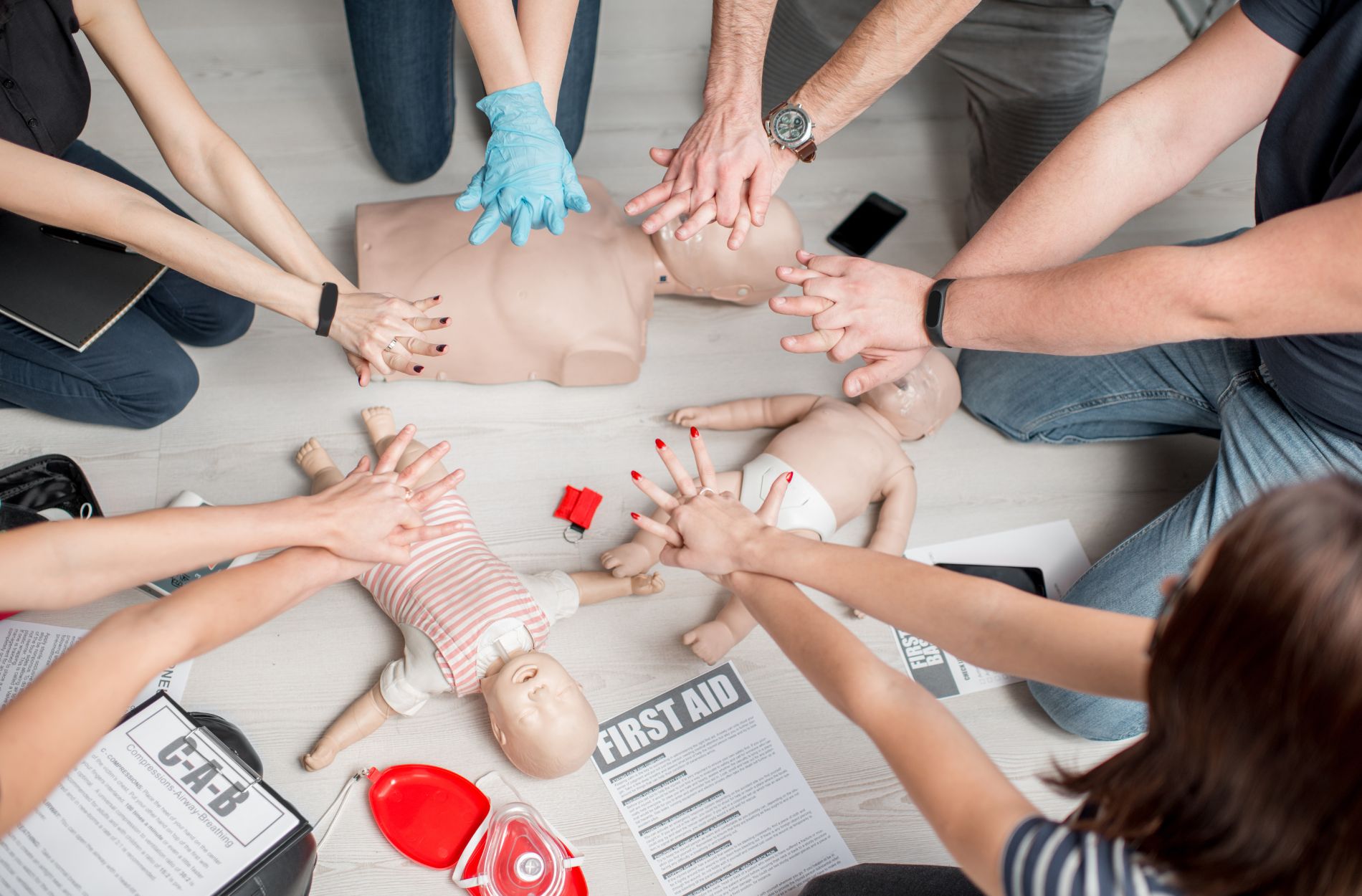Teaching the First Response Emergency Care (FREC) 3 course can be a rewarding career. This course is vital for training individuals to handle medical emergencies effectively. Before you can teach FREC 3, it’s important to understand the qualifications needed. This role requires more than just knowledge; it demands a mix of certifications, skills, and hands-on experience.
To start, it’s important to know what FREC 3 is. FREC 3 is a comprehensive course designed for first responders. It covers essential skills like patient assessment, treating injuries, and handling medical emergencies. This programme is part of a series that improves medical response in different scenarios, from minor incidents to major events.
Becoming an instructor for FREC 3 means meeting certain standards. These standards ensure that you can teach the course content effectively and train others to handle emergencies with confidence. After all, knowing the right qualifications and skills helps you become a competent and trusted FREC 3 teacher.
With that in mind, investing the time to get these qualifications is crucial for anyone serious about teaching this course.
Essential Qualifications and Certifications
To teach the FREC 3 course, you need specific qualifications and certifications. First and foremost, you must hold a current and valid teaching certification. This ensures that you have the skills to deliver educational content effectively. Common certifications include a Level 3 Award in Education and Training (AET) or a higher qualification, such as a Level 4 Certificate in Education and Training (CET).
You also need an FREC 3 qualification, with some practical experience in using the skills taught in the course. This background gives you credibility and practical insights that you can share with your students. Next, a valid First Aid at Work certificate is necessary. This certification shows that you are capable of handling emergencies and reinforces your credibility as an instructor.
Additionally, having an assessor qualification, such as the Level 3 Certificate in Assessing Vocational Achievement (CAVA), is highly recommended. This qualification allows you to assess learners’ competencies effectively, ensuring they meet the required standards. These qualifications and certifications are all essential building blocks in becoming a competent FREC 3 instructor.
Additional Skills and Requirements
Beyond formal qualifications, several skills and traits are crucial for teaching FREC 3 effectively. Strong communication skills are essential. You must be able to explain complex medical procedures in simple, understandable terms. This helps ensure that all your students, regardless of their background, can grasp the material.
Another important skill is patience. Teaching a diverse group of students means that learning speeds and styles will vary. Being patient and adaptable helps you meet each student’s needs, ensuring they all progress through the course successfully. Practical experience in emergency care is also a huge advantage. This hands-on experience allows you to share real-life scenarios and tips, making the course content more relatable and easier to understand.
Organisation is another key trait. The FREC 3 course covers a lot of material, and staying organised helps you manage lessons, assessments, and feedback effectively. Additionally, possessing a genuine passion for helping others and improving emergency care standards will inspire your students and make your teaching more impactful.
Combining these skills with the necessary qualifications prepares you to be an effective and respected FREC 3 instructor.
FAQs About Teaching FREC 3
1. What is the FREC 3 Course?
The FREC 3 course, or First Response Emergency Care Level 3, is designed for first responders. It covers essential skills needed in emergency situations like patient assessment, managing injuries, and life-saving procedures.
2. Who Can Take the FREC 3 Course?
The course is open to anyone who wants to become a first responder, including event medical staff, security personnel, and community first responders.
3. What Qualifications Do I Need to Teach FREC 3?
To teach FREC 3, you need a valid teaching certification (like a Level 3 Award in Education and Training), a FREC 3 qualification, and a First Aid at Work certificate. An assessor qualification is also recommended.
4. How Long Does It Take to Get Qualified?
The time varies, but obtaining the necessary qualifications generally takes several months to a year, depending on your current level of training and experience.
5. Are There Any Ongoing Requirements?
Yes, you need to keep your certifications up to date. Continuous professional development is also encouraged to stay current with best practices and new techniques in emergency care.
Qualifications Needed to Deliver FREC 3 Training
Teaching the FREC 3 course is a fulfilling career that requires a mix of formal qualifications, practical skills, and personal attributes. You are well-prepared to impart crucial emergency care skills to others by meeting these requirements. This ensures that your students are ready to handle a range of medical emergencies, potentially saving lives and improving community safety.
Having the right qualifications and skills makes you a competent instructor and builds trust with your students. They rely on your expertise to guide them through complex scenarios and to teach them how to respond effectively. Keeping your current knowledge and certifications is essential for maintaining high teaching standards and providing the best learning experience.
For those interested in making a difference through teaching emergency care, CR Training offers comprehensive training programmes to equip you with all you need to succeed. Explore our level 3 first response emergency care courses and start your journey towards becoming a qualified FREC 3 instructor today. Join CR Training and help build a safer community for everyone!




